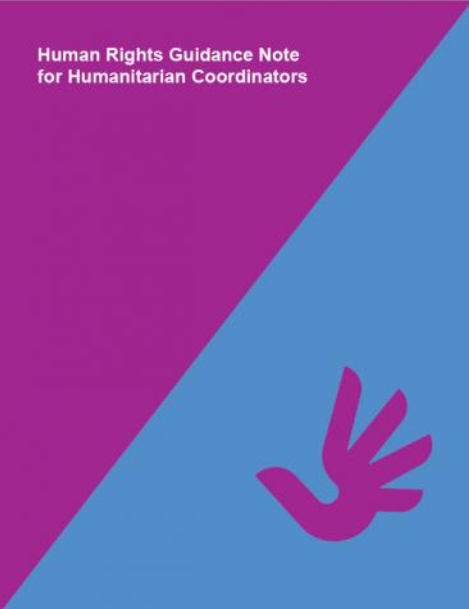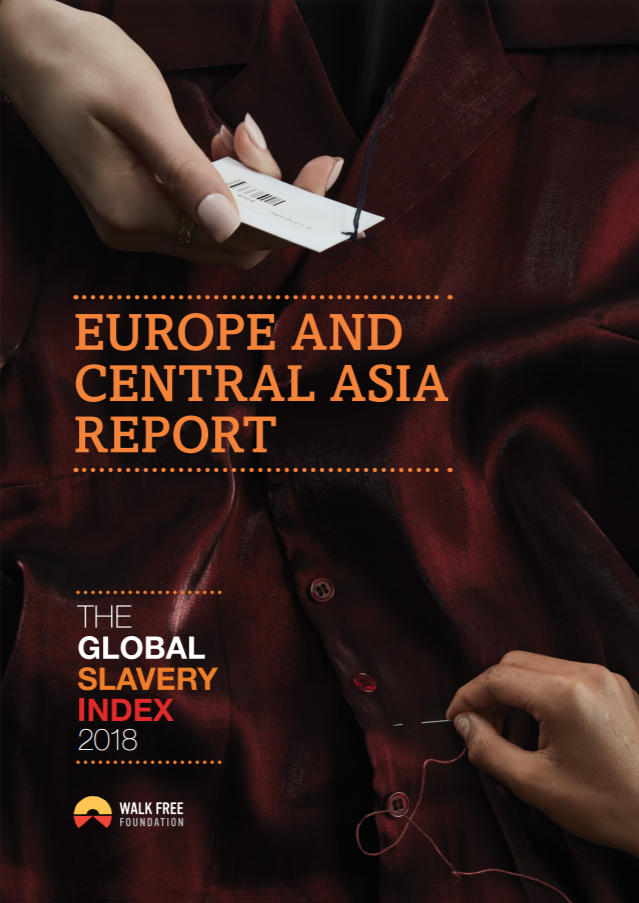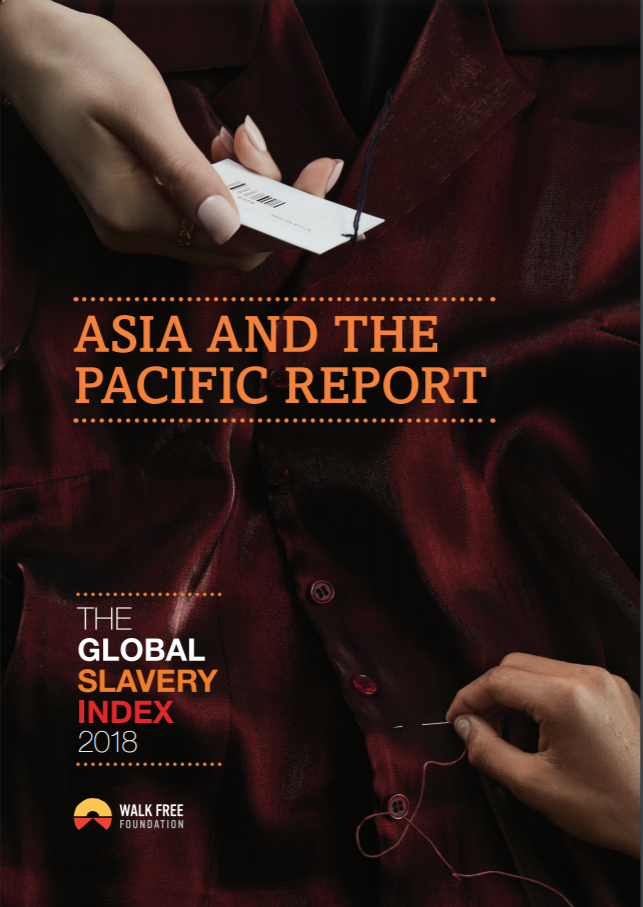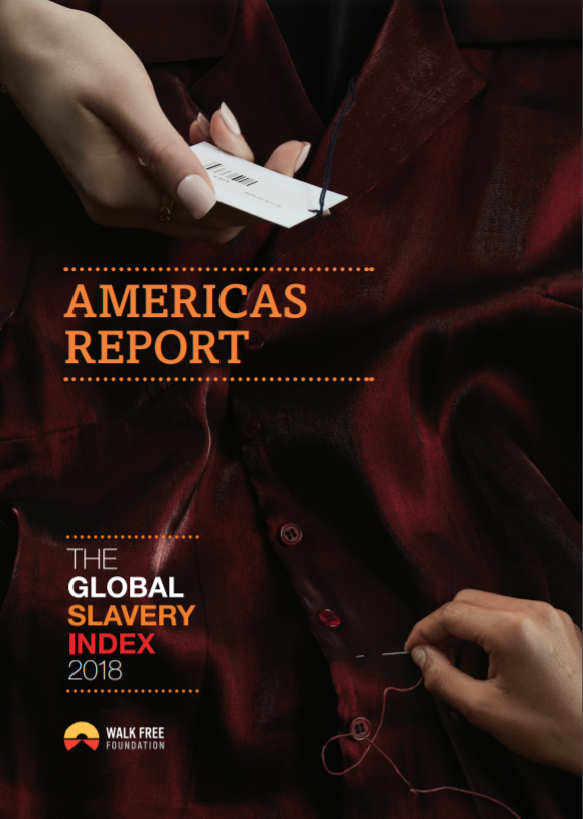Unseen, Unheard: Gender-Based Violence in Disasters Global Study
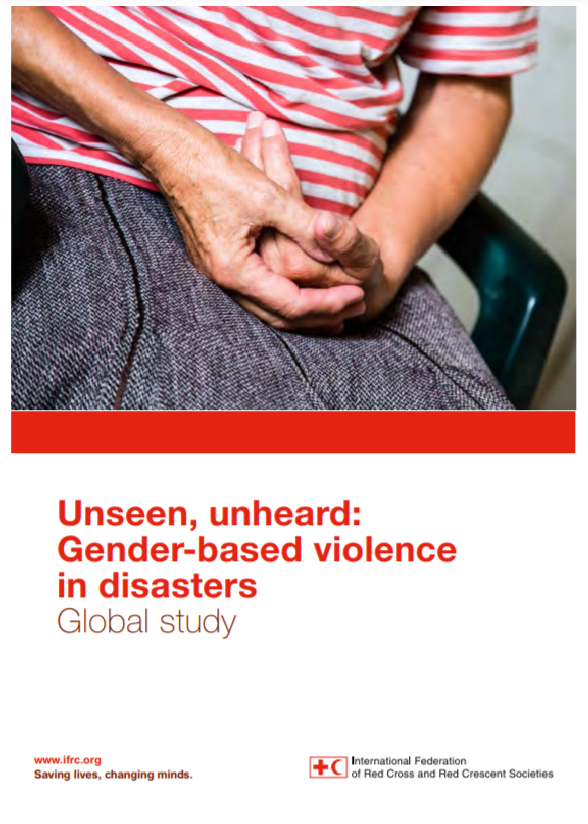
Although it is increasingly recognized that gender-based violence (GBV) is a major feature of many conflicts, its occurrence during disasters is not as well
understood. This study, commissioned by the International Federation of Red Cross and Red Crescent Societies (IFRC), is designed to foster that discussion
within both the Red Cross Red Crescent Movement and the larger humanitarian community.
The research addresses three questions:
1. What characterizes GBV in disasters?
2. In what ways should legal and policy frameworks, including disaster risk management, be adapted to address GBV in disasters?
3. How should National Societies and other local actors address GBV in disasters, and what support do they need to fulfil their roles?
Country
Worldwide
Region
Worldwide
Year
2015
Topics
